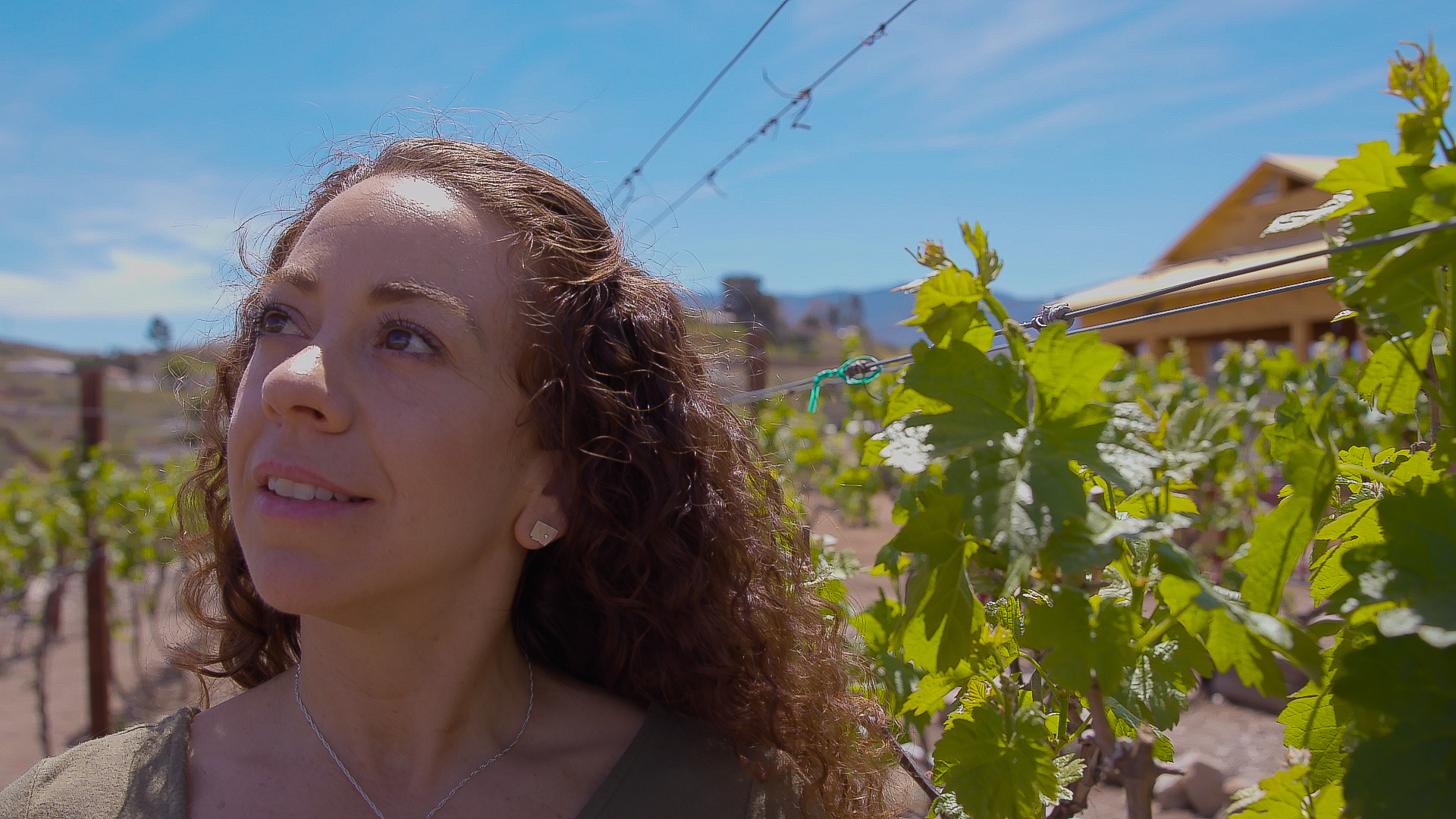Outreach Snapshot: Addressing Environmental Injustice through Co-created Citizen Science
Video explores how we can 'democratize' the scientific method according to one environmental scientist.
Everyone is a scientist in their own way. That’s what the University of Arizona co-created citizen science program Project Harvest affirms.
This story is part of a series showing the people behind the science in our department tackling today's big environmental challenges.
Watch: An environmental health scientist wants to make science for all
Project_Harvest_Logo_Map_Instructions.png
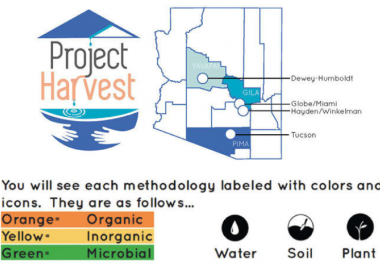
Project Harvest investigates the quality (inorganic, organic and microbiological) of harvested rainwater, as well as the quality of soil and plants irrigated with it. At the same time, the co-created citizen science project evaluates participants’ environmental health literacy, including self-confidence (known as self-efficacy) for learning and doing science.
"Citizen science in general is exciting, and I think it’s a paradigm shift in how science and information is generated."
The transdisciplinary research team and community health workers are in four communities, three rural neighboring active or legacy mine sites and one urban community next to potential sources of pollution.
Community concerns: Is my water safe?
In arid and drought-prone Arizona, many low-income or minority communities face both water quantity and quality challenges. To conserve water and sustain themselves, urban and rural communities use rainwater harvesting systems. But what is the quality of harvested rainwater? Is this water safe to use?
With estimated more than 100,000 abandoned mines or mine features and close to 400 active mines or development projects in Arizona, it’s not uncommon to find residential areas neighboring mines or hazardous waste sites.
Science for All_4.jpg
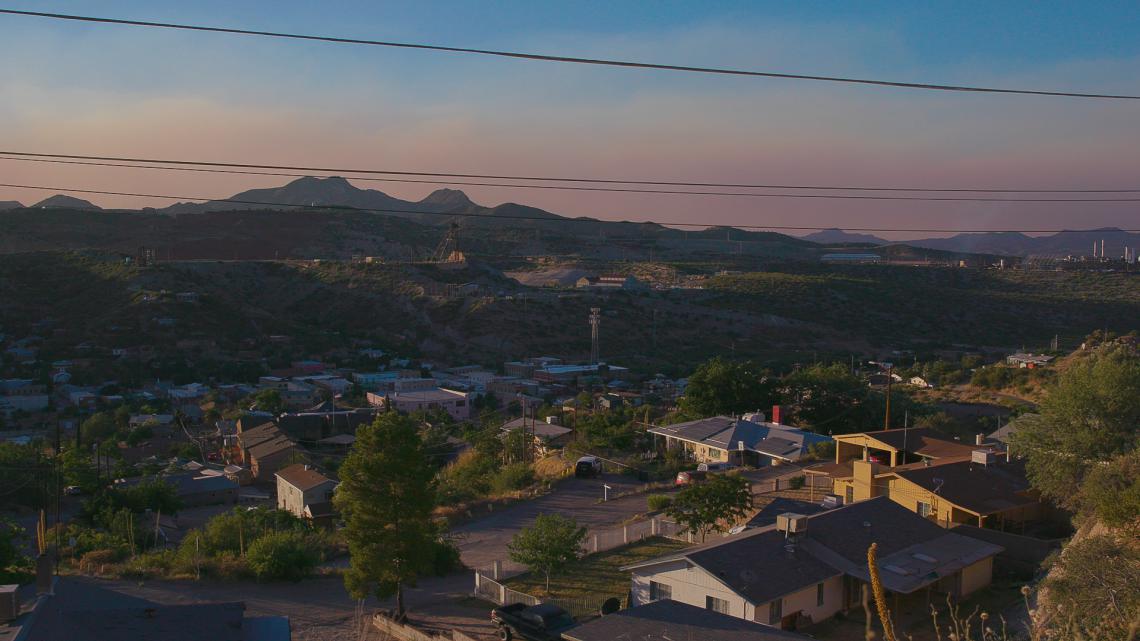
Exposure from dust and pollution is always a concern for these communities, as well as the risk that contaminants can enter harvested rainwater systems or accumulate in soil and plants.
That’s where Mónica Ramírez-Andreotta steps in. An assistant professor in the Department of Environmental Science and Director/Principal Investigator of Project Harvest, she wants to change the way we do science.
Combining citizen science and peer education
With a diverse and transdisciplinary team, Project Harvest was created with $2.3 million grant from the National Science Foundation in partnership with the nonprofit Sonora Environmental Research Institute, Inc. This five-year project (2016-2021) creates a participatory approach to science to shift the paradigm of the traditional scientific method.
Science for All_8.jpg
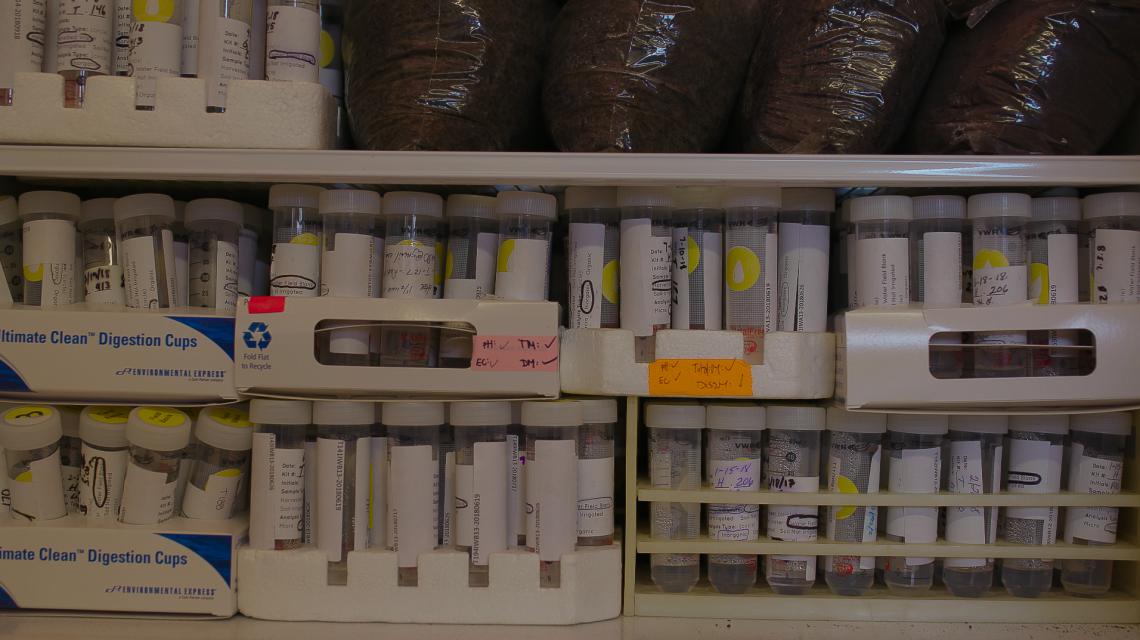
The broad range of expertise in Project Harvest team also helps communities learn about spectrum of environmental health, including analytical chemistry, microbiology, environmental health, geochemistry and scientific literacy. Ramírez-Andreotta was recognized for her work on the project with the 2019 Early Career Award for the Public Engagement of Science by the American Association for the Advancement of Science.
Another crucial component is peer education, with educators sharing similar social backgrounds and life experiences. For Project Harvest, these are the promotora or community health workers, trained by the research team to in turn teach peers from their own communities. These individuals are considered gatekeepers and a crucial part of the success of co-created citizen science.
With the ultimate goal is to guide and inform environmental policy, Project Harvest is also proving how anyone, anywhere can be a scientist.
Acknowledgements
Project Harvest research team
Dr. Leif Abrell, Dr. Sanlyn Buxner, Dr. Aminata Kilungo, Dr. Jean McLain, Victoria Obergh, Dr. Mónica Ramírez-Andreotta (Director/Principal Investigator), Dr. Robert Root, Shana Sandhaus, and Flor Sandoval
Community Health Workers
Imelda Cortez, Margaret Dewey, Dr. Theresa Foley, Palmira Henriquez, Miriam Jones, Lisa Ochoa and Aviva O’Neil
Students
Graduate Students: Cam Henson, Dorsey Kaufmann, AJ Moses, Kunal Palawat, Ariane Solwell, and Norma Villagomez-Marquez
Undergraduate: Diego Huerta, Jaden Iniguez, Chelsea Mendoza Sara Righter, and Nikki Skelton
Partnering For Action: Community monitoring of harvested rainwater in underserved, rural and urban Arizona Communities
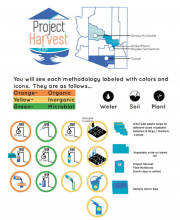
Read the feature article in American Water Resources Association.


